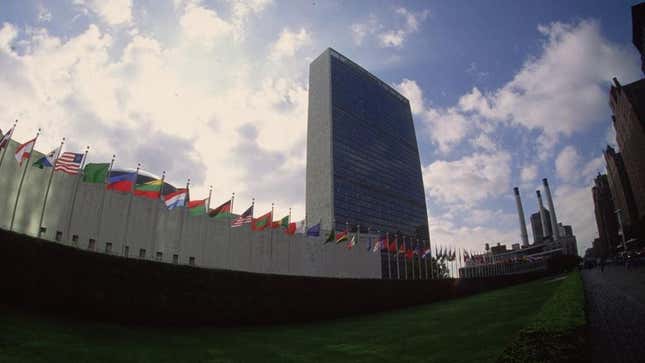
Reparations in the United States have always been a discussion, but not on a national level that has gained any real traction.
Some states, like California, are close to giving out reparations due to the state creating a task force tasked with researching the specific injustices done against Black people and creating the best way for Black residents to receive payments.
So it’s close to happening for some Black people but not all. At least until now.
On Monday, the United Nations General Assembly received a report from the Permanent Forum on People of African Descent, which is “a platform for improving the safety and quality of life and livelihoods of people of African descent,” according to the United Nations.
The report details why reparations are imperative to amend past injustices against people with African ancestry and says that they are “a cornerstone of justice in the 21st century,” according to the Associated Press.
When they say “people of African descent,” they aren’t just talking about Black people in the United States, or Europe. They are talking about Black people all across the world.
Epsy Campbell Barr, the chair of the Permanent Forum on People of African Descent, said during a press conference on Tuesday that “the legacies of colonialism, enslavement and apartheid are still alive today.”
Barr also argued that people of African descent are exposed to more violence compared to other groups due to their encounters with police and authority officials. She further claimed racism has an extreme effect on the mental and physical health of Black people, which has led to increased health disparities.
More from the Associated Press:
The forum’s report and recommendations are based on its two initial sessions, one last December in Geneva and one May 30-June 2 in New York.
“During the sessions of the Permanent Forum, halting and reversing the lasting consequences of enslavement, colonialism, genocide and apartheid were seen as key to addressing systemic and structural racism against people of African descent, both internationally and domestically,” the report says.
The report also recommends that every member of the United Nations educate themselves on the history of enslavement and colonialism of African people across the world in hopes that they will understand their role in contributing to racism on global and local levels, according to the Associated Press.

